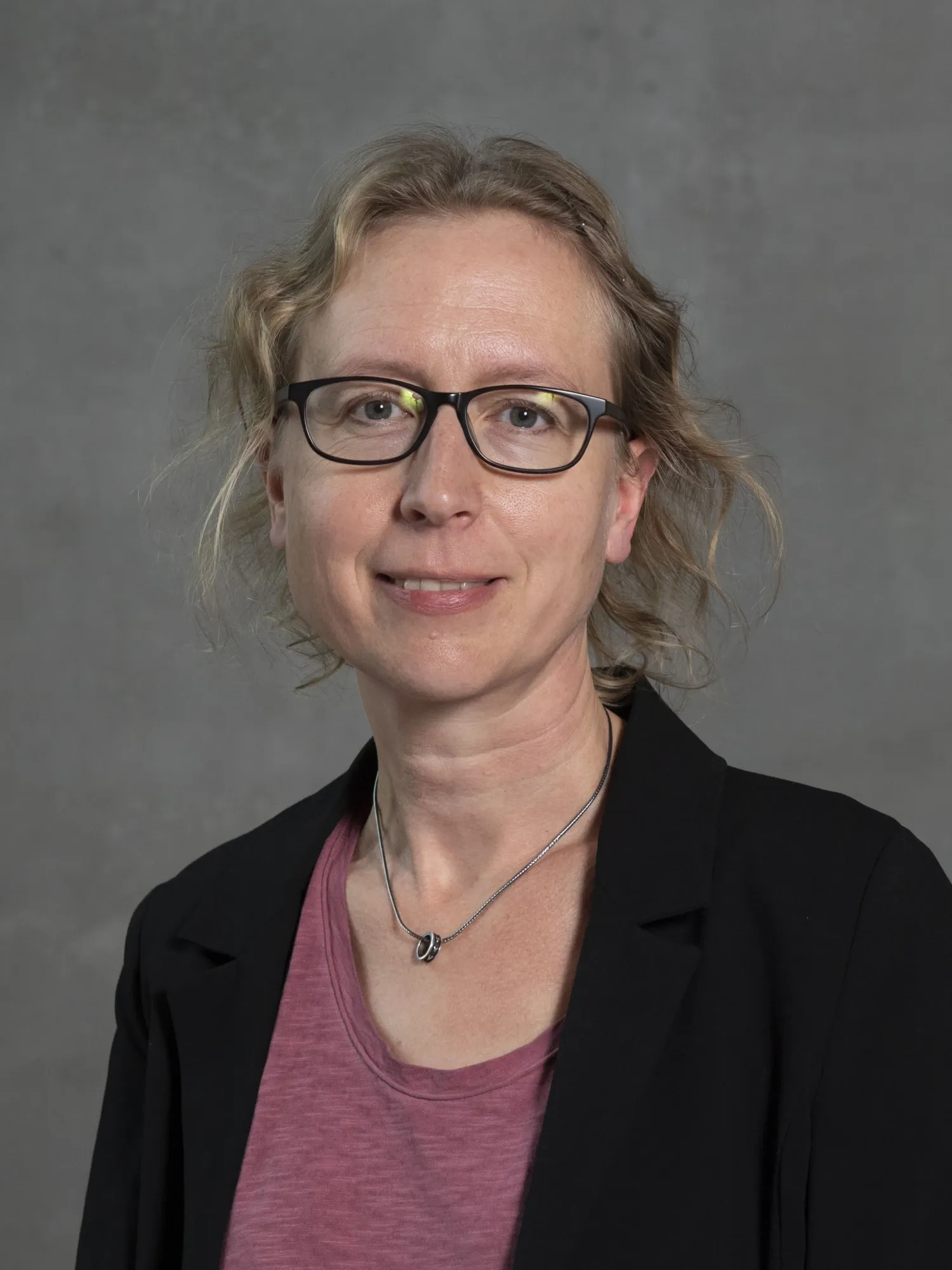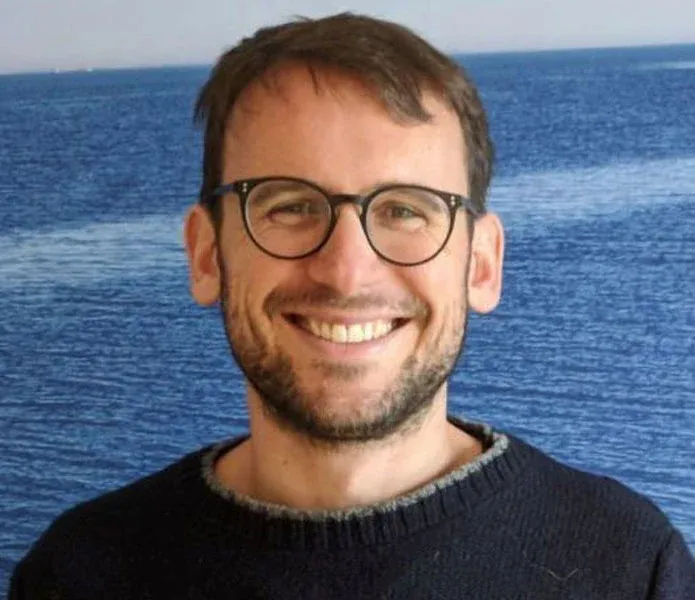ARC researchers granted funding from The Swedish Research Council

Two researchers at the Aging Research Center (ARC) are recipients of the Swedish Research Council’s Project Grant 2024 and will receive funding for the period 2025-2027.

Erika Jonsson Laukka is awarded 4,431,000 SEK for the project ”Biological correlates of cognitive and olfactory trajectories in aging and dementia” in the Humanities and Social Sciences call.
The aim of the project is to continue exploring olfactory deficits in aging and their association with dementia and cognitive decline. The underlying biological mechanisms for the olfaction-dementia link remain largely unexplored.
“This project will investigate the longitudinal trajectories of cognitive and olfactory abilities in relation to a range of dementia biomarkers, including blood-based biomarkers of Alzheimer’s disease and neuroimaging biomarkers. We will mainly use data from a longitudinal Swedish population-based study – SNAC-K,” says Erika Jonsson Laukka.
The results from the project will be of clinical relevance for the early detection of individuals at risk for dementia and may help guide personalized interventions and treatments to postpone or possibly prevent a future dementia diagnosis.
Co-applicants are Ingrid Ekström, Grégoria Kalpouzos, Davide Liborio Vetrano and Giulia Grande, all at ARC.

Marc Guitart-Masip is awarded 3,000,000 SEK for the project “Psychobiological markers to improve diagnosis and to predict affective episodes in bipolar disorder” in the Medicine and Health call.
There is an urgent need for better tools to improve and facilitate diagnosis of bipolar disorder and to detect and prevent affective episodes at the earliest possible stage.
“We hypothesise that the longitudinal interaction between three psychobiological factors (sleep patterns, motor activity, and decision-making ability) contains information that can be used to differentiate patients with bipolar disorder and to detect impending affective episodes,” says Marc Guitart-Masip.
The project will use a smartphone app, a smartwatch, and artificial intelligence algorithms to characterise the interaction between the psychobiological factors at an individual level over twelve weeks in healthy volunteers, patients with bipolar disorder, and patients with recurrent depressive episodes.
“We will show that bipolar patients can be distinguished on the basis of the longitudinal interaction between the psychobiological factors. This project will allow us to develop an app that can be used in the clinic to improve diagnosis and to predict affective episodes in bipolar disorder”, adds Marc Guitart-Masip.
The aim is to develop this method to be able to predict affective episodes before they occur. The project will be conducted in collaboration with John Axelsson, Professor of Psychology at Stockholm University and Giovanni Volpe, Professor of Physics at Gothenburg University.
